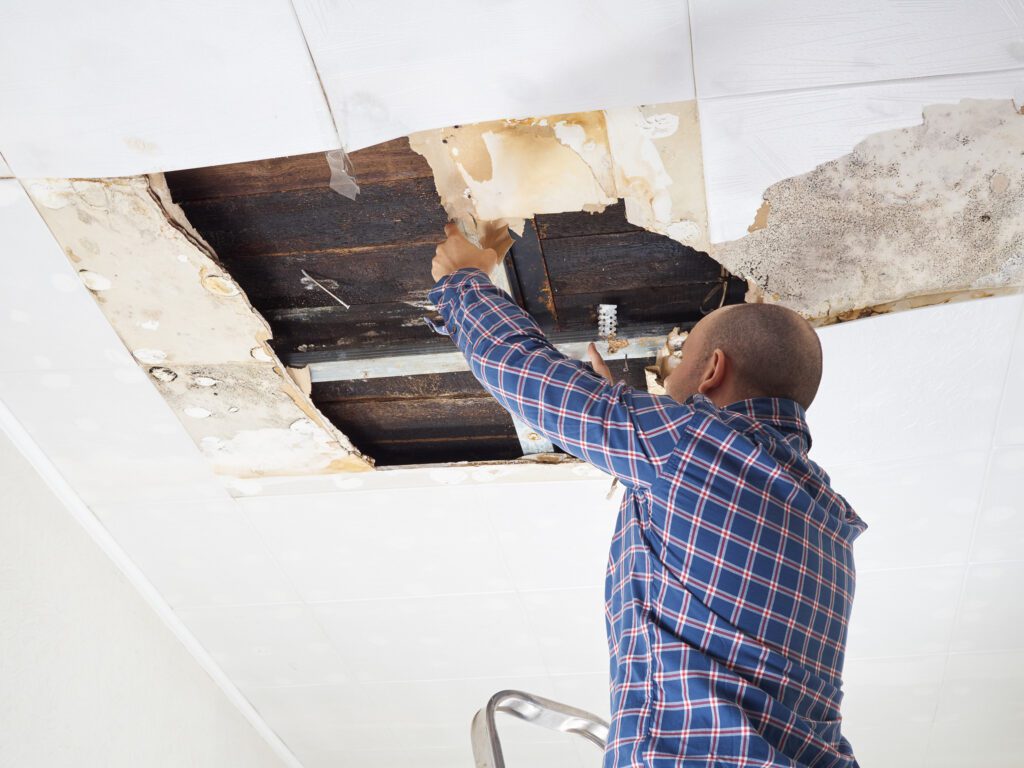Does Homeowners Insurance Cover Mold?
Mold growth is a common problem for homeowners, and it can be a costly issue to deal with if not appropriately addressed. Homeowners insurance is designed to protect against many risks, but whether it covers mold damage is a question that often arises. Mold can result from various issues, such as water leaks, floods, or […]



